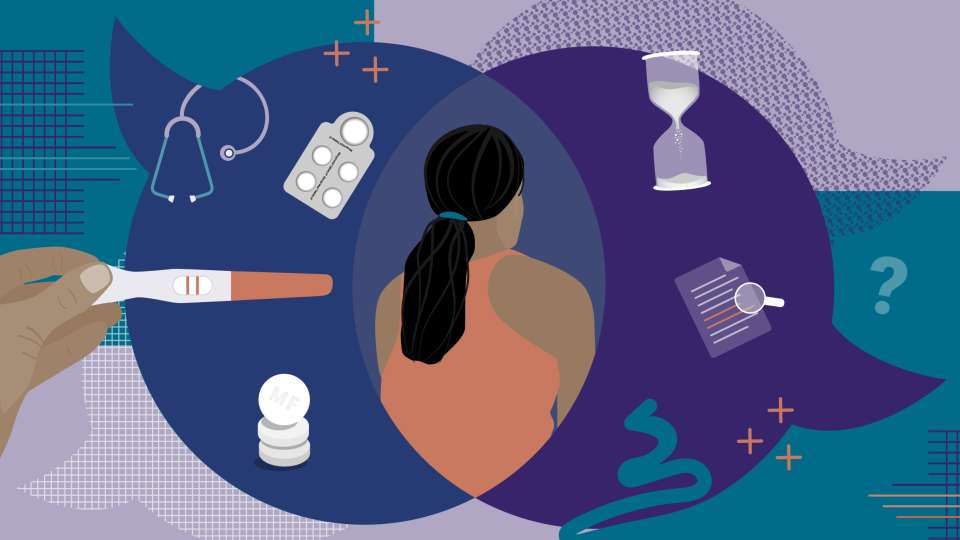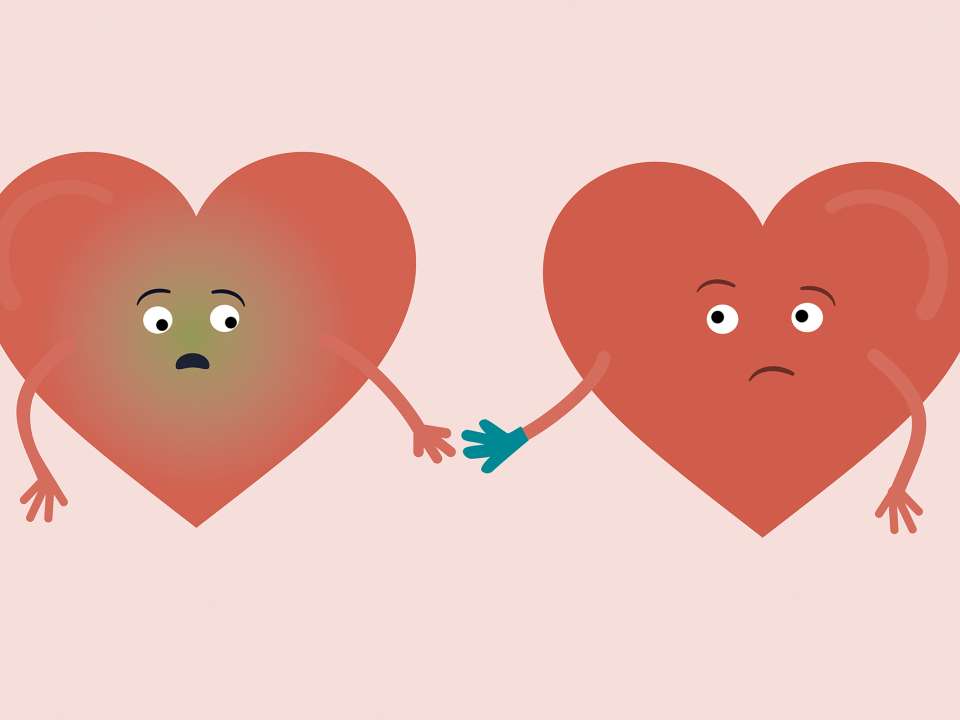
Many people are on edge as access to safe abortions are under threat. The June 2022 Supreme Court ruling isn’t the first time abortion access has been threatened, and people everywhere are rallying to protect their right to safe abortions.
Abortion is a complicated topic. It’s important to focus on the facts, not the feelings – or the feelings the myths can create.
6 abortion myths you should know
Myth #1: Abortion requires a surgical procedure
Fact: More than half of abortions are now medical abortions, which require no surgery and can be performed up to the 11th week of pregnancy. The FDA-approved medications, mifepristone and misoprostol, block the hormones needed for a pregnancy to be viable and can cause cramping and bleeding as the uterus empties.
Myth #2: Abortions are dangerous
Fact: Abortions are safer than many routine procedures – and much safer than pregnancy itself.
In fact, before the FDA approval of abortion medications and during times of more restrictive abortion access, unsafe abortions were one of the leading causes of maternal death. To this day, in areas without safe abortion access, these numbers remain high.
“Pre-Roe, pre-misoprostol, there were clear correlations between legal abortion and safe abortion, and illegal abortion and unsafe abortion,” says Dr. Sarah Prager, an OB-GYN and director of the Family Planning Division and Family Planning Fellowship at UW Medicine. “Those have been decoupled a little bit because mifepristone and misoprostol are so safe.”
In 2020, the CDC reported that the maternal mortality rate was 23.8 deaths per every 100,000 live births, compared to 20.1 in 2019. Black women have the highest maternal mortality rate at 55.3 deaths per 100,000. In comparison, the death rate in the US is 0.41 per 100,000 legal abortions.
“From the perspective of patient health, abortion is always safer than continuing a pregnancy,” says Prager.
Myth #3: Abortions cause pain to the fetus
Fact: Abortions occur before a fetus has the neurological ability to experience pain.
Research shows that while the neurological system has developed to sense pain by the 26th week of pregnancy, more neurological development is still needed for the fetus to be conscious or aware of the pain.
Myth #4: Abortion leads to psychological distress
Fact: There’s no evidence of long-term adverse effects on one's mental health after an abortion, and few women regret their decision.
A major study of 1,000 women who sought abortions – some of whom could obtain the procedures legally and others who could not – found that the women who had been denied access to abortion had worse mental and physical health after the denial, and fewer life aspirations. Among those who could receive the abortion, 95% of women report having an abortion was the best decision for them, even five years after the procedure.
Going through with an unwanted pregnancy can cause distress. Prager emphasizes that keeping an unwanted pregnancy not only affects the pregnant person’s life but also has a ripple effect on the health of family members. It can result in a lower quality of life, less financial stability and declining or worsening mental health.
Myth #5: Abortion will affect your ability to get pregnant in the future
Fact: Medical abortions have been found to have no effect on future fertility. Infertility due to surgical abortions is extremely rare and often treatable.
Additionally, there's no evidence to show that abortions increase your risk of having a miscarriage, ectopic pregnancy, low birth weight or preterm birth.
Myth #6: Emergency contraception (Plan B) is abortion
Fact: Plan B and other emergency contraceptives work by suppressing ovulation by preventing the fertilization of an egg.
If a person has already ovulated, taking emergency contraceptives won't prevent pregnancy, and if an egg has already been fertilized, emergency contraceptives won’t terminate that pregnancy.
Why we should separate abortion facts from abortion fiction
According to Planned Parenthood, about 1 in 4 women in the U.S. will have an abortion by the time they are 45 years of age. This means you likely know more than a few people who have thought about or decided to terminate a pregnancy.
The myths that claim abortions are dangerous, affect fertility or will harm your mental and physical health have been promoted by opponents of abortion for decades to frighten women and undermine their access to this health service.
It’s crucial for all people to know the facts so they’re able to make an informed decision. Because in the end, getting an abortion doesn’t make you a bad person, no matter the reason. Abortion is healthcare just as much as any other routine preventive procedure.
“Anti-abortion laws, just like anti-contraception laws, are always phrased as protecting women and protecting women’s health, and even sometimes protecting women from the decisions they make,” Prager says. “Those arguments are really, really false, and they’re incredibly disingenuous. What they show, in my opinion, is the unbelievable sexism and racism at the root of controlling people’s bodies.”

 Healthy ideas for your inbox
Healthy ideas for your inbox





